Sisiutil
All Leader Challenger
Chapter Eight: Slavery, Part 2
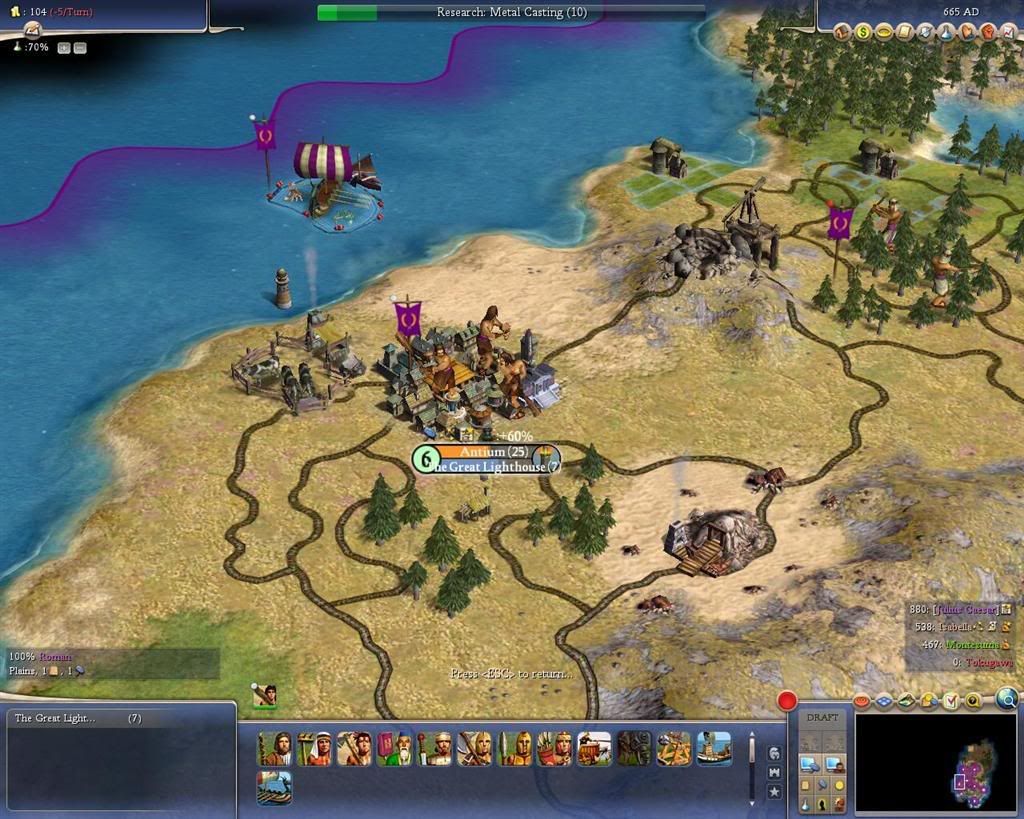
“Rufus! I need…”
“Here you are, master!” the slave said, appearing as if from thin air and placing a half-dozen sharpened reed pens at Sostratus’ elbow.
“Ah,” Sostratus said, picking up the reed and examining its tip, which was sharpened to an immaculate point. “Good. Now…”
“But first, you must eat, master,” Rufus said. He set down a plate with several slices of bread surrounding a bowl of hot, steaming soup. It smelled wonderful; Sostratus’ mouth watered and his stomach growled at the sight—and the smell.
“Just as soon as I…”
“No!” Rufus said insistently. “No ‘as soon as’. You need to eat now. Otherwise, you will be too tired to focus. You will then be unsatisfied with your work, making me run around scrounging up more papyrus and sharpening more pens, yelling at me the whole time because you are convinced that somehow it is all my fault.”
Sostratus looked at his slave incredulously. “How long have we been married?” he asked sarcastically.
Rufus laughed, but pushed the soup under his master’s nose. “Do you think I’ve learned nothing, serving you these last three years? I may be a slave, but I am not an idiot. Now, my wife worked very hard on this wonderful soup, and she will be very disappointed if I tell her that you did not eat it. You may be my master, but she is my boss. Trust me, I don’t want to make her upset!”
Sostratus smiled and took a sip of the soup; the beefy broth and hearty vegetables tasted excellent, and he felt refreshed almost instantly. He had to acknowledge that Rufus had a point. He did tend to overwork himself, often to the point of exhaustion, and then became more unproductive as a result. He glanced at Rufus as if for the first time; the man was his own age or thereabouts, and had the olive complexion and dark hair typical of many Romans. Sostratus began to wonder, for the first time, what was it about this man that made him a slave instead of free?
“How did you become a slave, Rufus?” Sostratus asked as he dipped some of the bread into the broth.
“My father,” Rufus said with a sigh. “I should like to be able to say he was a gambler, but that implies that he had some skill at it, which, sadly, he did not.”
“He went into debt?” Sostratus deduced.
“Indeed he did,” Rufus said. “So much so that he had no choice but to sell himself, his wife, and his children into slavery to pay off his creditors.”
“How long…?”
“I was six when this happened,” Rufus said. “I don’t even remember my life before I became a slave. You are the fourth master I have had, and though it sounds like something I would say to curry favour, you are in many ways the best.”
“How so?” Sostratus asked, intrigued.
“You have never beaten me,” Rufus said simply. “You work me hard, yes, but no harder than you work yourself. And you are doing great work,” he added, gesturing at the many detailed drawings of the lighthouse, his chest swelling with pride. “I am glad to be a part of it.”
“Thank you, Rufus,” Sostratus said quietly. He didn’t know what else to say; he was genuinely moved. It had never occurred to him that a slave could be glad to serve his master. In fact, before today, he’d never given slaves much consideration at all. They’d always been there, in the background, for as long as he could remember, quietly performing their assigned tasks.
Rufus smiled. “And you are the first master who has ever said those words to me,” he said. “Now eat!”
“Yes, mother,” Sostratus said with a sheepish grin, bemused by the irony of a slave giving orders to his master.
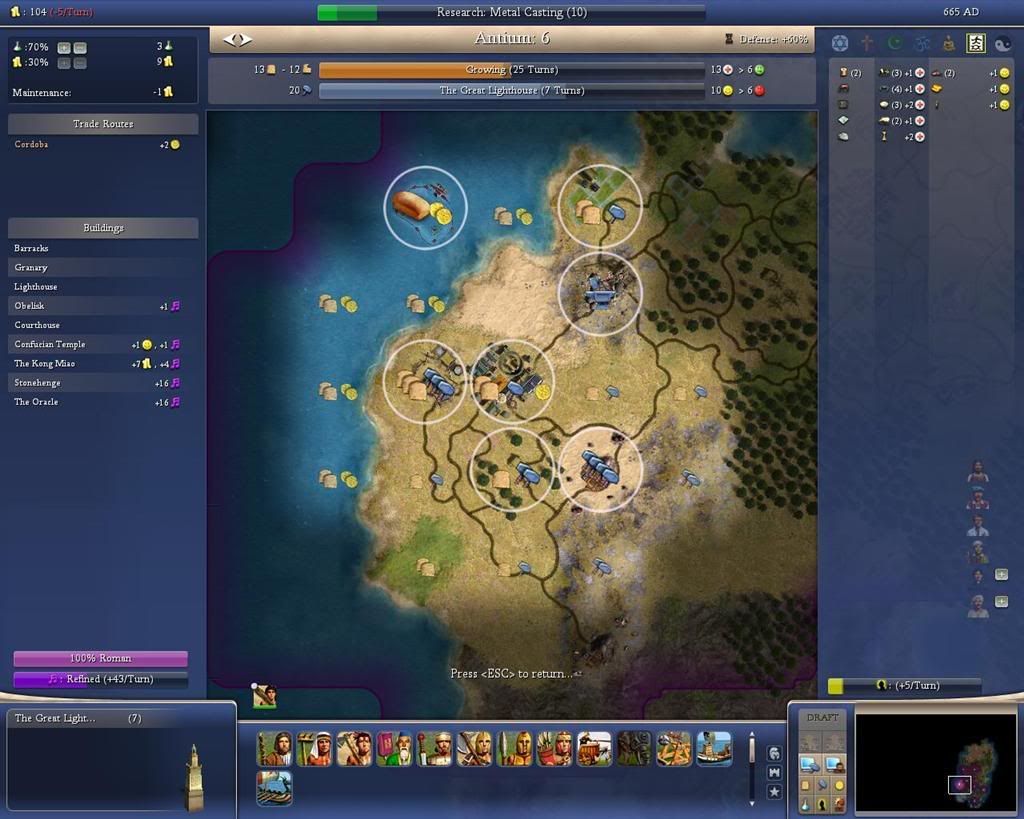
***
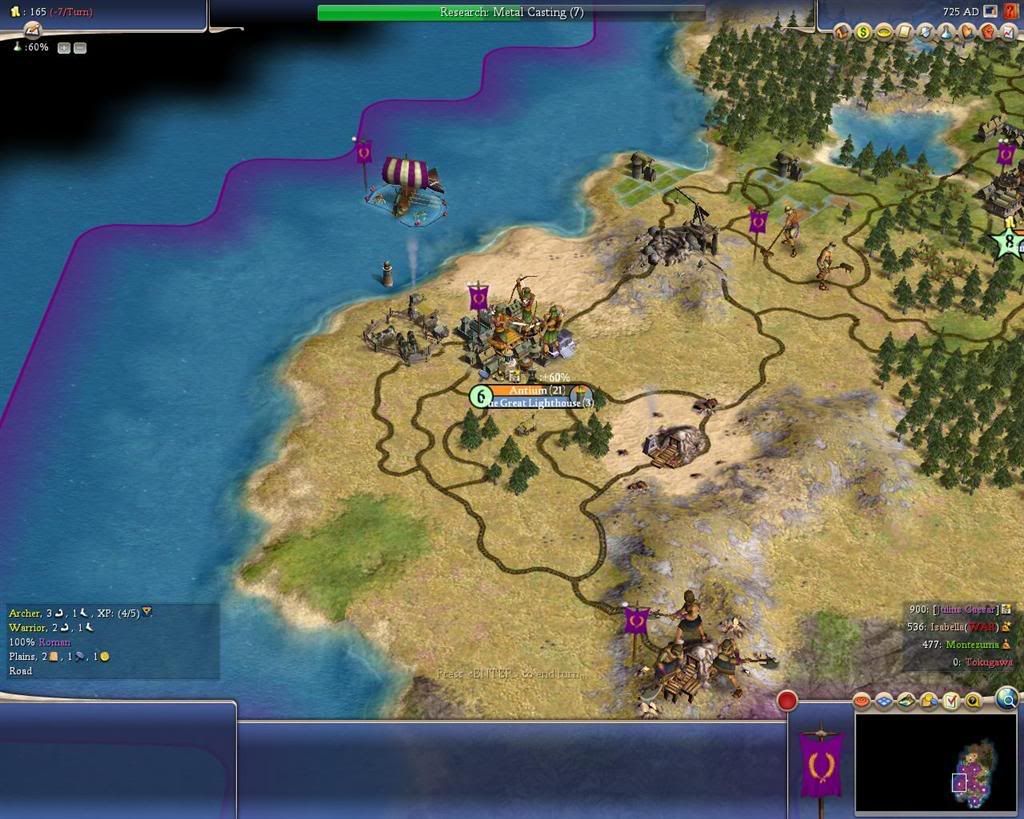
Sostratus tilted his head to look out through the wooden scaffolding. Over three hundred feet below him, waves crashed against the rocky shoreline. It had taken over four years, but the first two sections of the lighthouse were finally complete: the broad, lower square section first, then the more slender, octagonal second section. Each section, on its own, made up half the current height of the lighthouse. Now only the top, circular section had to be finished, which would house the light, the structure’s main purpose.
“We’re still behind schedule,” he muttered unhappily.
Standing behind him, Cornelius sighed and shook his head. “I thought we were coming up here to enjoy the view,” the foreman said, “and forget about the damned schedule for a just a little while.”
“I can never forget about the damned schedule,” Sostratus said. “It fills my waking mind and haunts my dreams.”
“Surely Caesar doesn’t expect the impossible,” Cornelius said.
Sostratus laughed bitterly. “You don’t know him very well,” he said. “Both my father and my brother campaigned with him. He led my brother’s legion on a forced march with him through the jungles north of Ravenna to reach Barcelona. Men were dropping like flies from the heat, the humidity, malaria, dysentery… but Caesar drove them on. He goaded them, inspired them, rallied them, rushed physicians and medicine from Rome… but he still insisted that they march and fight and take the city. Whatever the cost. Which they did.”
Cornelius coughed uncomfortably. “Speaking of costs…”
Sostratus sighed. “What now?” he asked tiredly.
“We lost twelve more yesterday.”
“Twelve?” Sostratus exclaimed, turning to glare at his foreman with shock and amazement.
“The scaffolding on the south side collapsed,” Cornelius explained, waving his hand in that direction, which was behind him. Indeed, now that he looked, Sostratus saw that no wooden scaffolding rose above the lip of that section of the tower. “It took the slaves with it, including two of our best masons.”
“Damn it!” Sostratus swore, slamming the heel of his fist against the stone wall. “You’ll just have to replace them.”
“That won’t be easy…”
“I don’t care how hard it is!” Sostratus shouted. “Get more slaves! Go up to Cordoba yourself and round up every Spaniard you see if you have to!”
“It’s not that simple!” Cornelius said testily, angry at having to endure this same confrontation with the architect for the umpteenth time. “The Spaniards make terrible slaves, as you well know! They’re a conquered people—they’re resentful and unruly and damned hard to motivate!”
“Isn’t that why you carry that thing on your belt?” Sostratus hissed, pointing to the leather whip that was hanging over the foreman’s thick right thigh.
“It’s a last resort…” Cornelius said through clenched teeth.
“I’d say were at the last resort stage!” Sostratus said with a bitter laugh. “Caesar expects to come return here from the Spanish campaign in six months and see this lighthouse operational. How do you think he’ll react if he leaves an on-going war for no good reason? Do you want to face his wrath if we waste his time? Because I don’t!”
“Of course not,” Cornelius said in a more subdued tone. Caesar’s rages were few and far between, and the foreman thanked Jupiter for that, as they were renowned to be terrible. He was not a man to disappoint, let alone cross. “It’s just…”
He raised his eyes and fell silent. Sostratus was glaring at him, his impatient expression plainly indicating that the architect was not interested in explanations, only in results. Cornelius had tried to warn him over the preceding years about the dangers of pressing the slaves too hard—how their resentment made them careless, even malicious, despite the fact that their own kind suffered for it. A new team of Spanish slaves had built the scaffolding that had collapsed the day before. Cornelius was sure they had at least built it sloppily, and he wasn’t ruling out intentional sabotage.
But to Sostratus, he knew from long, hard experience, these were irrelevant details. The architect was driven to have his vision made manifest, and on time, whatever the cost. And so Cornelius went along with it.
He sighed heavily. “I’ll find more slaves,” he said. “The Japanese tend to be good workers. Maybe…”
“I don’t care where they come from,” Sostratus said as he turned to walk back down the long, circular staircase of the octagonal tower. “Just get them here and get them to work.”
With those words and without a look back, he disappeared below into the cold, dark interior of the lighthouse.
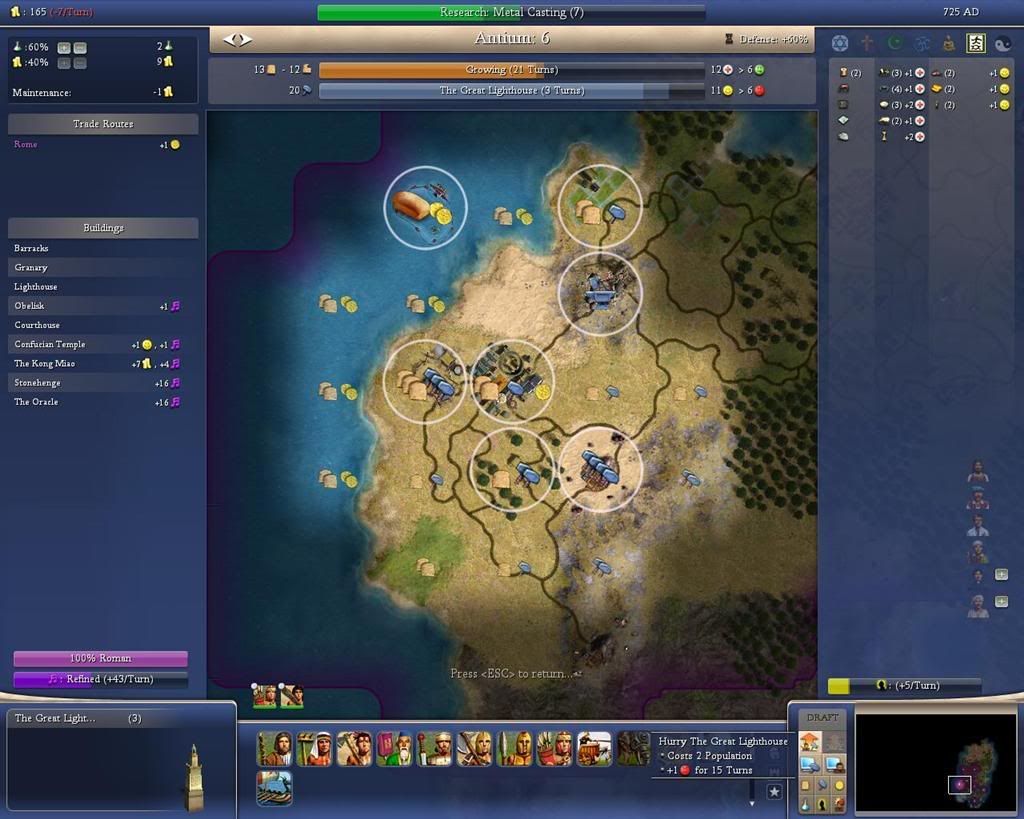

“Rufus! I need…”
“Here you are, master!” the slave said, appearing as if from thin air and placing a half-dozen sharpened reed pens at Sostratus’ elbow.
“Ah,” Sostratus said, picking up the reed and examining its tip, which was sharpened to an immaculate point. “Good. Now…”
“But first, you must eat, master,” Rufus said. He set down a plate with several slices of bread surrounding a bowl of hot, steaming soup. It smelled wonderful; Sostratus’ mouth watered and his stomach growled at the sight—and the smell.
“Just as soon as I…”
“No!” Rufus said insistently. “No ‘as soon as’. You need to eat now. Otherwise, you will be too tired to focus. You will then be unsatisfied with your work, making me run around scrounging up more papyrus and sharpening more pens, yelling at me the whole time because you are convinced that somehow it is all my fault.”
Sostratus looked at his slave incredulously. “How long have we been married?” he asked sarcastically.
Rufus laughed, but pushed the soup under his master’s nose. “Do you think I’ve learned nothing, serving you these last three years? I may be a slave, but I am not an idiot. Now, my wife worked very hard on this wonderful soup, and she will be very disappointed if I tell her that you did not eat it. You may be my master, but she is my boss. Trust me, I don’t want to make her upset!”
Sostratus smiled and took a sip of the soup; the beefy broth and hearty vegetables tasted excellent, and he felt refreshed almost instantly. He had to acknowledge that Rufus had a point. He did tend to overwork himself, often to the point of exhaustion, and then became more unproductive as a result. He glanced at Rufus as if for the first time; the man was his own age or thereabouts, and had the olive complexion and dark hair typical of many Romans. Sostratus began to wonder, for the first time, what was it about this man that made him a slave instead of free?
“How did you become a slave, Rufus?” Sostratus asked as he dipped some of the bread into the broth.
“My father,” Rufus said with a sigh. “I should like to be able to say he was a gambler, but that implies that he had some skill at it, which, sadly, he did not.”
“He went into debt?” Sostratus deduced.
“Indeed he did,” Rufus said. “So much so that he had no choice but to sell himself, his wife, and his children into slavery to pay off his creditors.”
“How long…?”
“I was six when this happened,” Rufus said. “I don’t even remember my life before I became a slave. You are the fourth master I have had, and though it sounds like something I would say to curry favour, you are in many ways the best.”
“How so?” Sostratus asked, intrigued.
“You have never beaten me,” Rufus said simply. “You work me hard, yes, but no harder than you work yourself. And you are doing great work,” he added, gesturing at the many detailed drawings of the lighthouse, his chest swelling with pride. “I am glad to be a part of it.”
“Thank you, Rufus,” Sostratus said quietly. He didn’t know what else to say; he was genuinely moved. It had never occurred to him that a slave could be glad to serve his master. In fact, before today, he’d never given slaves much consideration at all. They’d always been there, in the background, for as long as he could remember, quietly performing their assigned tasks.
Rufus smiled. “And you are the first master who has ever said those words to me,” he said. “Now eat!”
“Yes, mother,” Sostratus said with a sheepish grin, bemused by the irony of a slave giving orders to his master.

***

Sostratus tilted his head to look out through the wooden scaffolding. Over three hundred feet below him, waves crashed against the rocky shoreline. It had taken over four years, but the first two sections of the lighthouse were finally complete: the broad, lower square section first, then the more slender, octagonal second section. Each section, on its own, made up half the current height of the lighthouse. Now only the top, circular section had to be finished, which would house the light, the structure’s main purpose.
“We’re still behind schedule,” he muttered unhappily.
Standing behind him, Cornelius sighed and shook his head. “I thought we were coming up here to enjoy the view,” the foreman said, “and forget about the damned schedule for a just a little while.”
“I can never forget about the damned schedule,” Sostratus said. “It fills my waking mind and haunts my dreams.”
“Surely Caesar doesn’t expect the impossible,” Cornelius said.
Sostratus laughed bitterly. “You don’t know him very well,” he said. “Both my father and my brother campaigned with him. He led my brother’s legion on a forced march with him through the jungles north of Ravenna to reach Barcelona. Men were dropping like flies from the heat, the humidity, malaria, dysentery… but Caesar drove them on. He goaded them, inspired them, rallied them, rushed physicians and medicine from Rome… but he still insisted that they march and fight and take the city. Whatever the cost. Which they did.”
Cornelius coughed uncomfortably. “Speaking of costs…”
Sostratus sighed. “What now?” he asked tiredly.
“We lost twelve more yesterday.”
“Twelve?” Sostratus exclaimed, turning to glare at his foreman with shock and amazement.
“The scaffolding on the south side collapsed,” Cornelius explained, waving his hand in that direction, which was behind him. Indeed, now that he looked, Sostratus saw that no wooden scaffolding rose above the lip of that section of the tower. “It took the slaves with it, including two of our best masons.”
“Damn it!” Sostratus swore, slamming the heel of his fist against the stone wall. “You’ll just have to replace them.”
“That won’t be easy…”
“I don’t care how hard it is!” Sostratus shouted. “Get more slaves! Go up to Cordoba yourself and round up every Spaniard you see if you have to!”
“It’s not that simple!” Cornelius said testily, angry at having to endure this same confrontation with the architect for the umpteenth time. “The Spaniards make terrible slaves, as you well know! They’re a conquered people—they’re resentful and unruly and damned hard to motivate!”
“Isn’t that why you carry that thing on your belt?” Sostratus hissed, pointing to the leather whip that was hanging over the foreman’s thick right thigh.
“It’s a last resort…” Cornelius said through clenched teeth.
“I’d say were at the last resort stage!” Sostratus said with a bitter laugh. “Caesar expects to come return here from the Spanish campaign in six months and see this lighthouse operational. How do you think he’ll react if he leaves an on-going war for no good reason? Do you want to face his wrath if we waste his time? Because I don’t!”
“Of course not,” Cornelius said in a more subdued tone. Caesar’s rages were few and far between, and the foreman thanked Jupiter for that, as they were renowned to be terrible. He was not a man to disappoint, let alone cross. “It’s just…”
He raised his eyes and fell silent. Sostratus was glaring at him, his impatient expression plainly indicating that the architect was not interested in explanations, only in results. Cornelius had tried to warn him over the preceding years about the dangers of pressing the slaves too hard—how their resentment made them careless, even malicious, despite the fact that their own kind suffered for it. A new team of Spanish slaves had built the scaffolding that had collapsed the day before. Cornelius was sure they had at least built it sloppily, and he wasn’t ruling out intentional sabotage.
But to Sostratus, he knew from long, hard experience, these were irrelevant details. The architect was driven to have his vision made manifest, and on time, whatever the cost. And so Cornelius went along with it.
He sighed heavily. “I’ll find more slaves,” he said. “The Japanese tend to be good workers. Maybe…”
“I don’t care where they come from,” Sostratus said as he turned to walk back down the long, circular staircase of the octagonal tower. “Just get them here and get them to work.”
With those words and without a look back, he disappeared below into the cold, dark interior of the lighthouse.


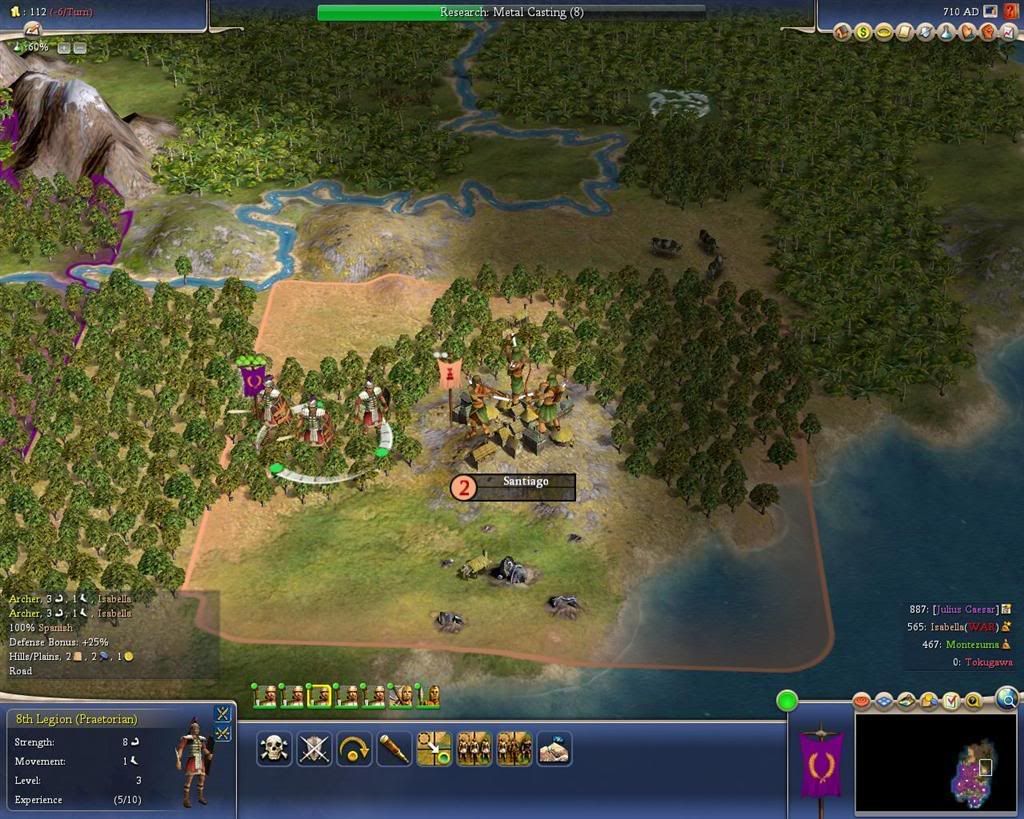
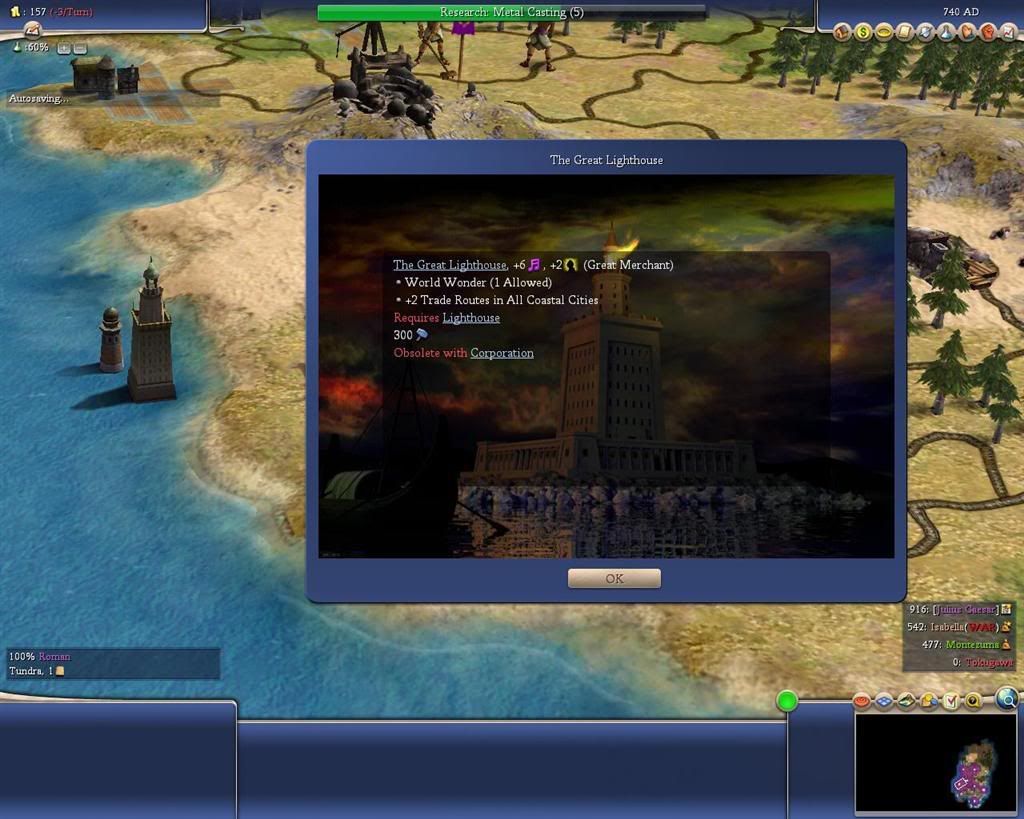
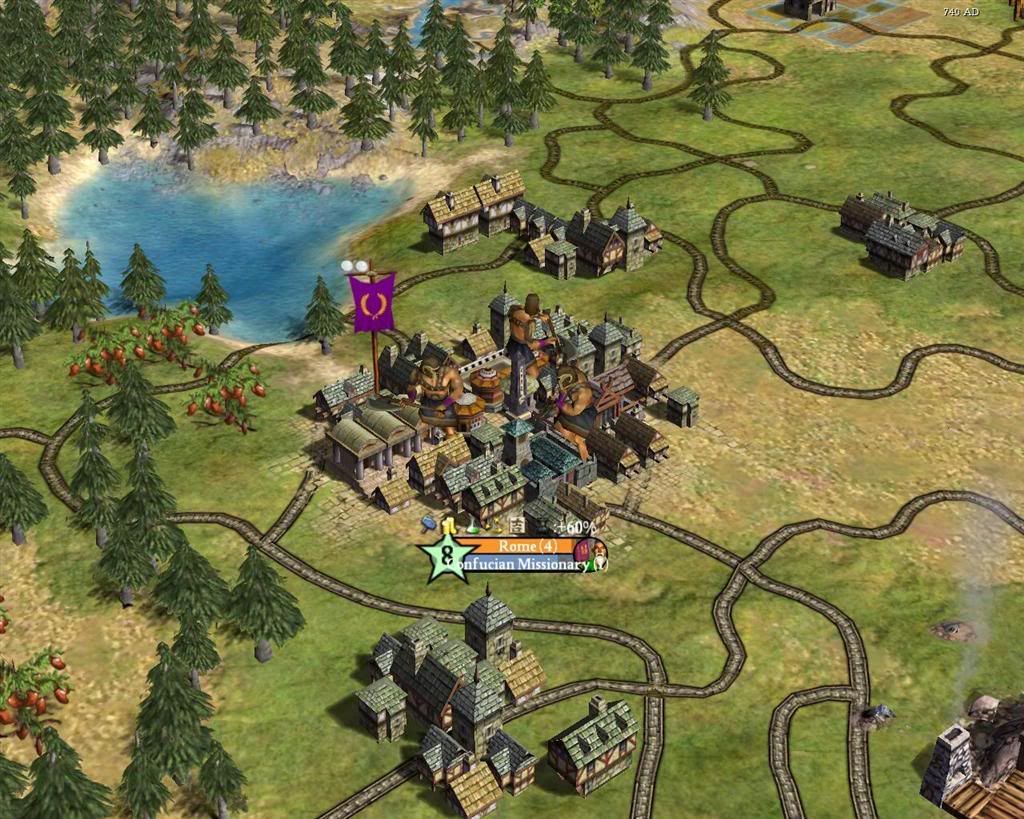
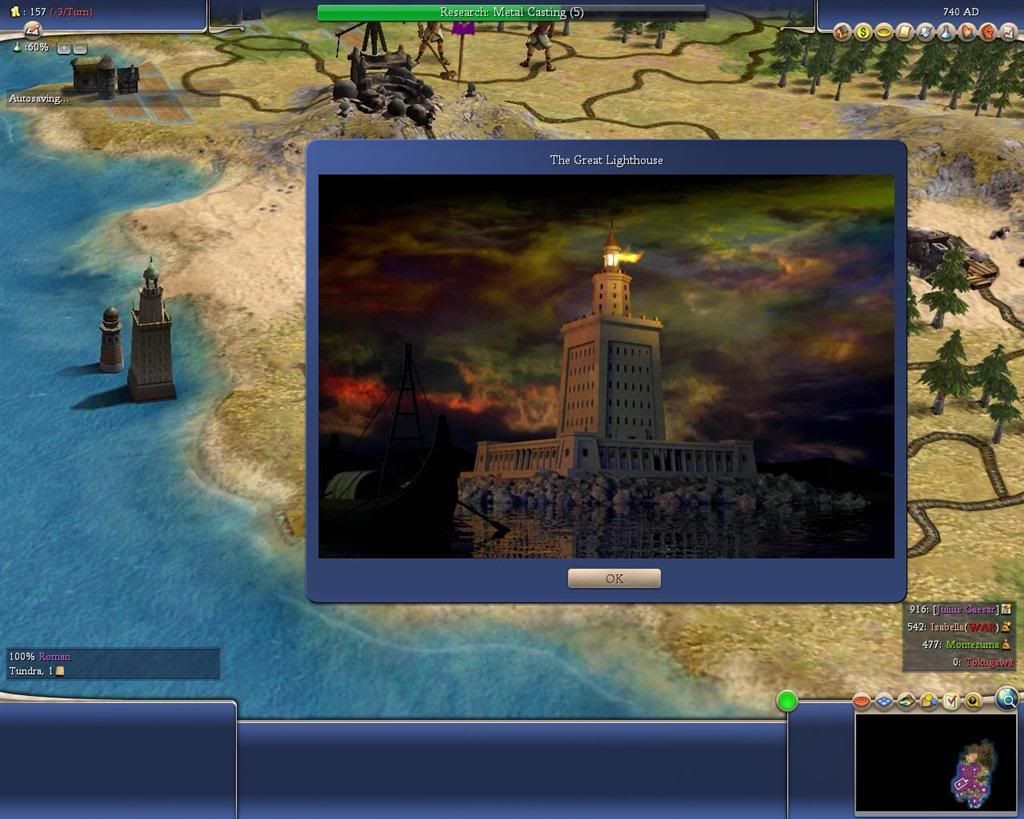
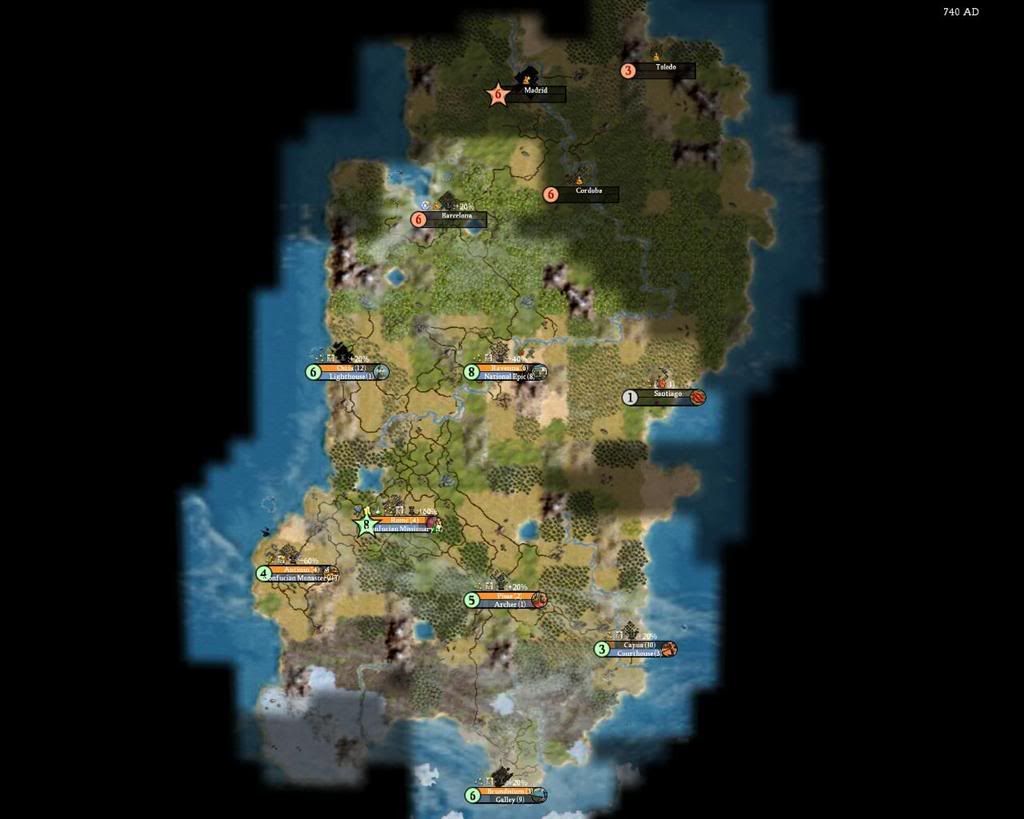










 or not!
or not!